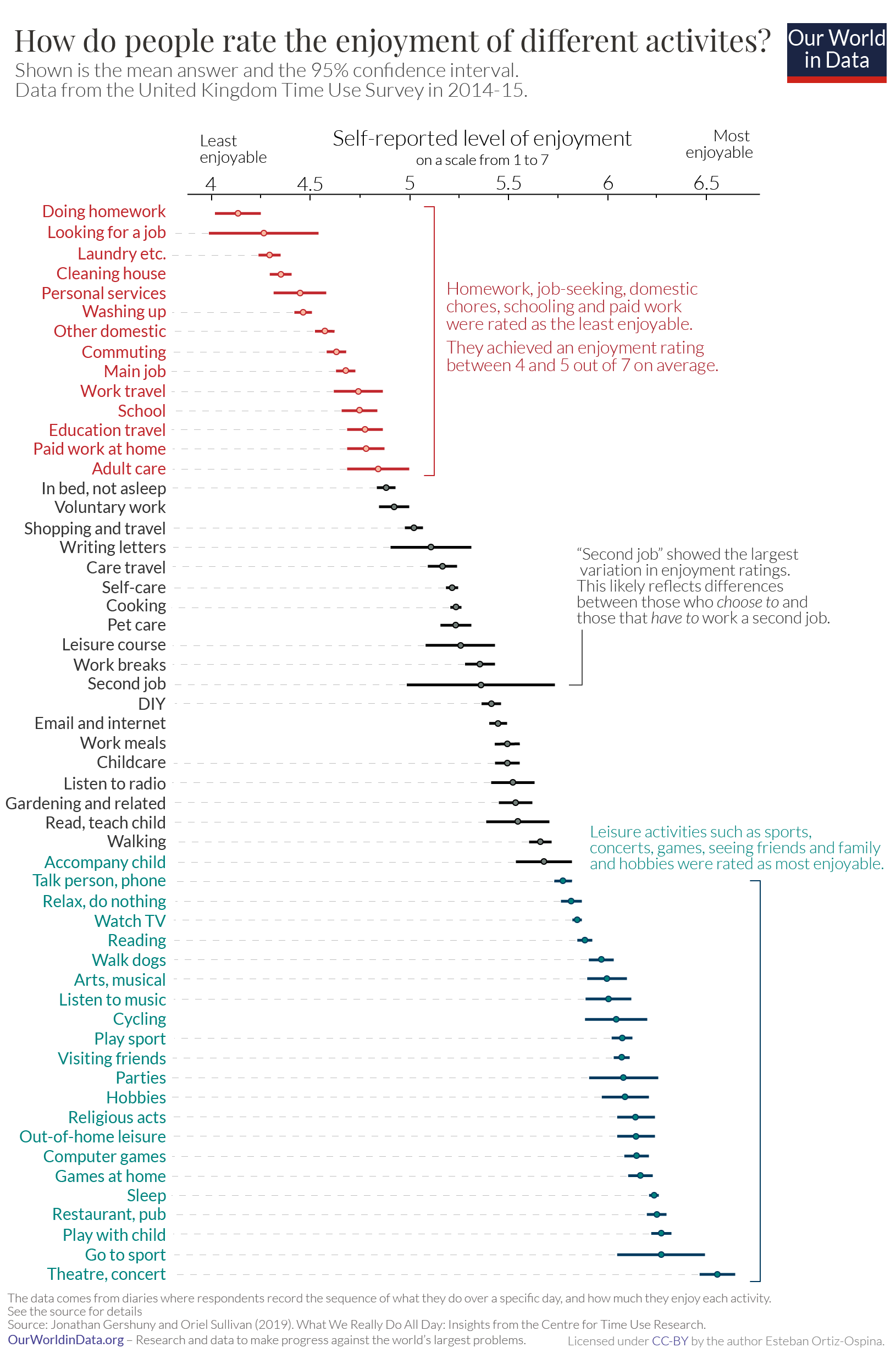Friday Links: The ChatGPT store, Screenless AI Devices and Economic Impact

Time for this for this week's links, which this week are a little bigger picture:
- OpenAI introduces the ChatGPT Store: you can now put out (and use) popular fine tunes. It will be interesting to see to what extent the resulting selection of tools begins to look like existing app stores. One set of apps will be voice interfaces to existing apps (like Canva); others might be totally new. Microsoft also followed up by modifying its Phi-2 Open-Source SMB model license to the MIT license, making it permissible for business use.
- Screenless and App-less Devices are coming - including the Rabbit R1 and the God Replacement: these form factors are likely to suck for a while. However, I think they are an echo of what is to come: screenless devices with no app stores that provide a single voice/text interface to data & action. I'd expect Apple and Google to create similar devices at some point, possibly erasing opportunities for many existing phone apps. The UI shift could be radical.
- Generative AI and the Legal Profession (The Economist - Login required). it seems pretty clear at this point that AI is likely to be massively deflationary in some professions (administrative, legal, and other professions amongst them). The article mentions changes to staffing levels (potentially much reduced) and billing models: will you be paying Legal AI by the hour? There are plenty of startups up and running to make Legal AI in a variety of forms. What the article seems to miss is that in some business areas, lowering costs does raise output and even increases the number of practitioners (more value can be done), but in others, the amount of work ideally stays the same (or goes down) but just becomes more efficient. I think in the legal case (wrt. to friends who are lawyers) society is likely hoping it's the later, not the former.
- The Deutsch Files I. A wide-ranging conversation between David Deutsch, Naval Ravikant, and Brett Hall. These are always great and intermittent. In this episode, there is a fair bit on AI and ChatGPT. A key moment is David Deutsch's definition of creativity, AGI, and universal explainers. The idea that creativity often must break existing rules, hence systems learning only from what came before will likely end up not being able to do that. (Plenty of other good stuff also.). I happen to disagree with that definition: all you need is a bit of randomness, and you can make a system rebel.
- Noahpinion has a long post about Techno-optimism in 2024. There are some interesting takes on what's coming, though I wouldn't subscribe to all of them. One thing that did jump out, though, was a reference to the OWID's surveys on time useI wish you a great weekend and hope and, in particular, the chart below on "enjoyment" of time use. Some things are predictable, but a stand-out fact is how negative people's scores are for "main job" (with pretty low variance), even significantly below "second job" (with much higher variance). While some of that may be because it's the answer society programs us to give, "work sucks," when I think about many people I know, their work is uplifting for them in many ways. The fact that the average sentiment is so low should give us pause about the idea that "making sure people have jobs" is the thing to aspire to. Perhaps it should be that they have income OR that they can spend more time turning the things they are uniquely good at into jobs.

I wish you a great weekend and hope you can find ways to move work into the green zone!